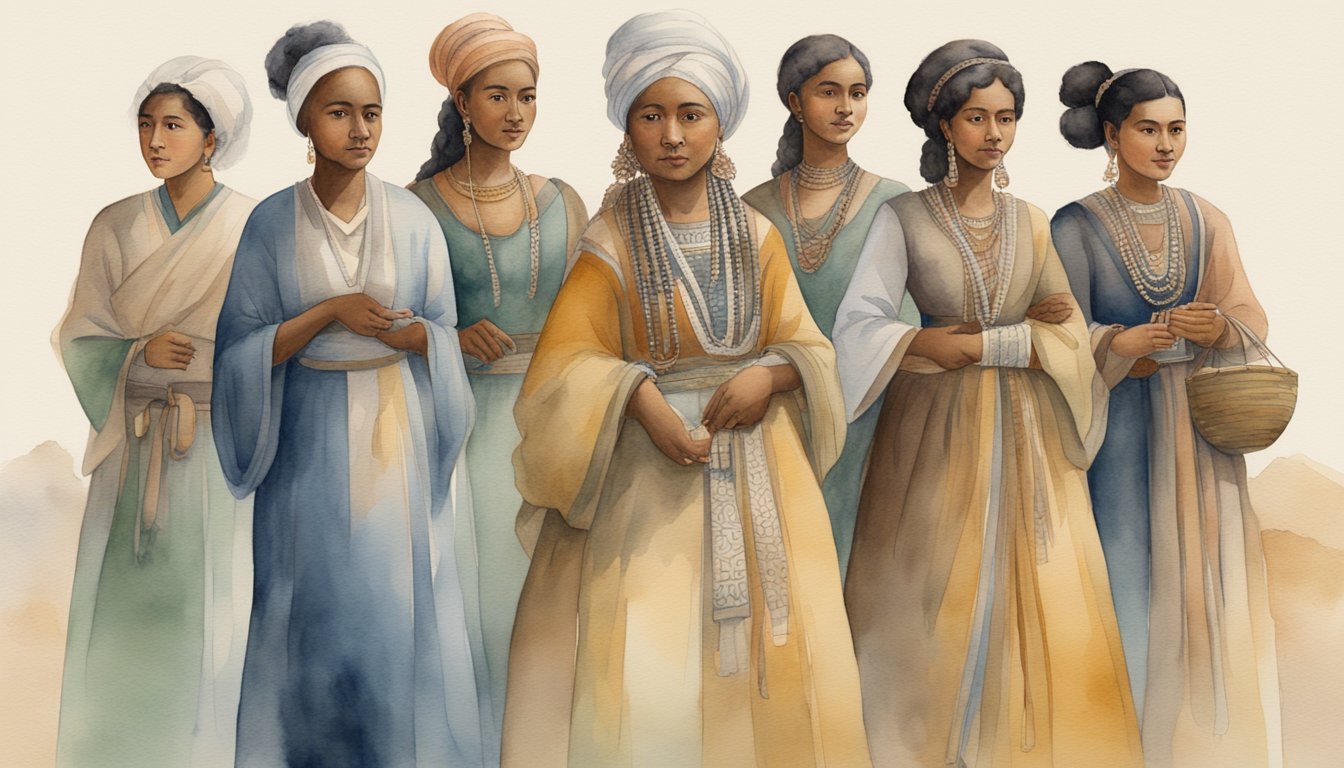Origins of Women’s History Month
From Women’s History Week to a Month-Long Celebration
Women’s History Month has its roots in Sonoma County, California, where a week-long celebration of women’s achievements was organized in 1978 by the Education Task Force of the Sonoma County Commission on the Status of Women. The event, which included a parade and various educational programs celebrating women’s history, inspired other similar celebrations across the country. In 1980, President Jimmy Carter issued the first presidential proclamation declaring the week of March 8th as National Women’s History Week.
Following the success of Women’s History Week, efforts were made to expand the celebration into a month-long event. In 1987, Congress passed Pub. L. 100-9, officially designating March as Women’s History Month. This marked the beginning of an annual nationwide observance.
Key Influencers and Proclamations
The National Women’s History Project (now known as the National Women’s History Alliance) played a significant role in the establishment of Women’s History Month. This organization petitioned Congress and the president to officially recognize the contributions of women throughout history by dedicating March to this celebration.
Presidential proclamations have been issued annually since 1995 to designate March as Women’s History Month. These proclamations often highlight the importance of women in various aspects of American society, from culture and science to politics and human rights.
Global Recognition and Observances
While the United States has been observing Women’s History Month since 1987, other countries have also joined in recognizing the contributions of women to society. In the United Kingdom and Australia, Women’s History Month is celebrated in March, coinciding with International Women’s Day on March 8th. Canada, on the other hand, observes its Women’s History Month in October.
The Library of Congress and other educational institutions have played a significant role in recognizing the importance of women’s history, organizing events and providing resources to help educate the public about the often underrepresented achievements and roles of women throughout history.
This widespread recognition of Women’s History Month illustrates the increasing appreciation for the invaluable role women have played and continue to play in shaping our world.
Significant Milestones and Contributions

Landmark Events and Legislation
Women’s history is filled with landmark events that have changed the lives of women and their rights. One significant milestone is the ratification of the Nineteenth Amendment in 1920, granting women in the U.S. the right to vote. Another notable event is the passage of Title IX in 1972, which prohibits gender discrimination in education, leading to more equal opportunities for women.
In the international context, the United Nations has made significant strides in promoting gender equality. The Convention on the Elimination of All Forms of Discrimination Against Women (CEDAW) was adopted in 1979, providing a global framework for eliminating gender discrimination.
Trailblazers and Icons
Throughout history, numerous women have made groundbreaking contributions and served as role models. Sojourner Truth, a former slave and powerful speaker, fought for the abolition of slavery and women’s rights. Harriet Tubman is another remarkable figure who led hundreds of slaves to freedom via the Underground Railroad. Pioneers such as Susan B. Anthony and Elizabeth Cady Stanton were also instrumental in securing women’s suffrage.
Additionally, women trailblazers have made lasting impacts in various fields. For example, Egyptian activist Doria Shafik ignited a women’s rights movement in 1951, ultimately leading to women’s right to vote in Egypt in 1956.
Education and Awareness Initiatives
Recognizing the importance of women’s history, scholars like Gerda Lerner worked to create a dedicated field of study, establishing the first graduate program in women’s history. This has led to increased awareness and the development of curriculum materials that celebrate women’s achievements.
Women’s History Month is another significant initiative that raises awareness of women’s accomplishments and contributions. Launched in the United States as a week-long event in 1981, it has since expanded to a month-long celebration observed in March. Each year, a theme is chosen to highlight specific aspects of women’s history. The 2021 theme, “Valiant Women of the Vote,” celebrated women who advocate for equity, diversity, and inclusion.

